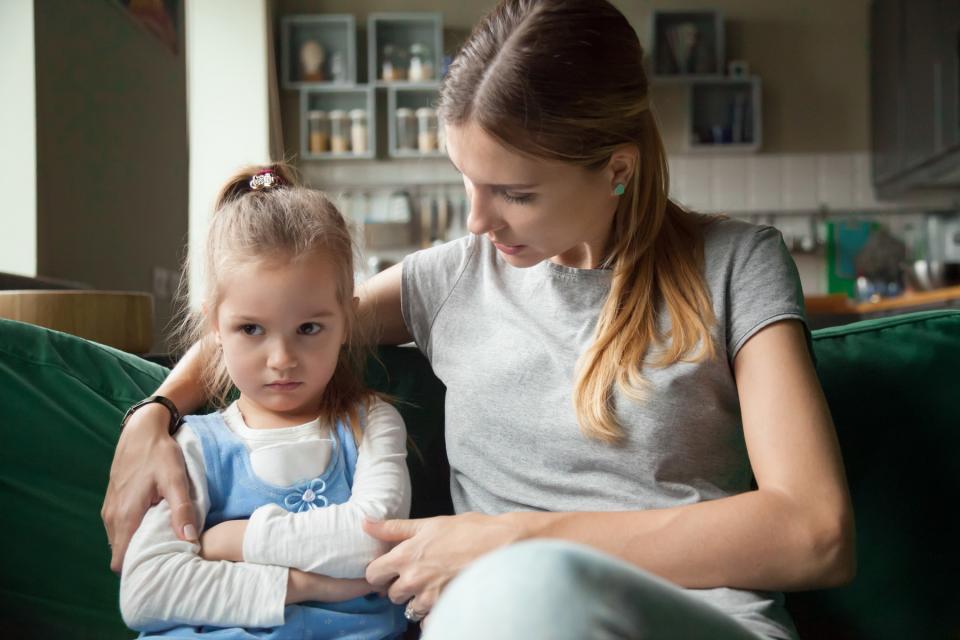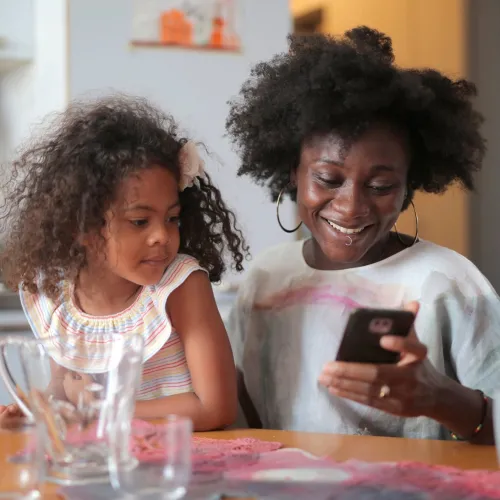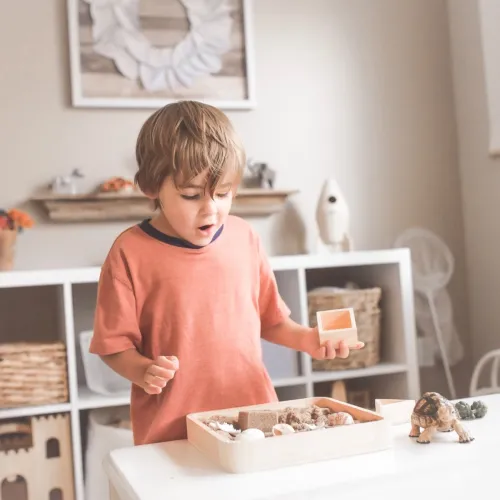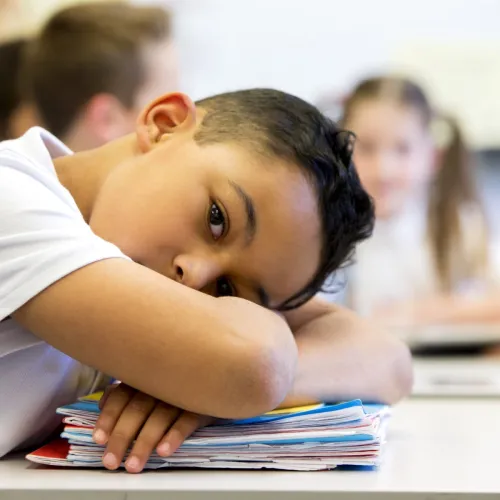Behavioural Issues in Children After Divorce

After a divorce or separation, it isn't uncommon for children to display some behavioural issues. A child acting out shouldn't come as a complete surprise because, after all, a divorce or separation is a challenging obstacle for the entire family to go through.
Children, depending on their age and other factors, will not always have the emotional maturity to understand why a separation is happening, and their frustration and stress may manifest in behavioural changes.
behavioural issues in children of divorce can range from mild acting out to destructive behaviour. Ultimately, it is up to both parents to monitor behaviour, communicate, have patience, and seek help from a professional if the behavioural issues seem to point towards something more serious.
Awareness and Prevention
It is not abnormal for a child to display behaviour issues after their parents get divorced or separate. Feelings of anger, confusion, frustration and sadness are all part of the roller coaster of emotions that your child may experience as a result of the events happening in their life. While you can't control the way that your child is feeling in relation to your divorce or separation, you can take precautions to monitor the behaviour of your child as well as your own.
Be on the lookout for concerning signs, like aggression or depression.
Talk to their teachers, coaches and other adults who spend time with your child to stay up to date about their behaviour outside of the house. Keeping a diary of your child's behaviour and any particular issues that you notice is a good way to record and remember what has been happening lately, which may become important information to share with a professional if you notice that a certain concerning behaviour persists.
If possible, keep an active dialogue going with your co-parent regarding behaviour issues. One parent may notice a certain behaviour taking place in their home, while the other parent may notice something completely different. Recognizing your child's different reactions to various environmental stressors is essential for providing them with the right help and support.
Be aware of your own behaviour
As a divorced or separated parent who shares custody or visitation rights, it is important to monitor your own behaviour around your child.
Your actions and words have a great impact on how your child perceives their world and current situation. Certain behaviours, like talking badly about your ex-spouse or sulking in sadness over the situation in front of your child, can easily influence their own feelings, worsen their outlook, and exacerbate behavioural issues.
If you find controlling your own behaviours to be particularly difficult, recognize this and take the appropriate action to find ways to relieve your negative emotions, either on your own or by seeking help from a professional. Parents act as a behavioural model for their children, so remember this as you work through your own emotions and help your children work through theirs.
Course correcting
If you notice behavioural issues starting to crop up with your child, it's best to address the situation as quickly as possible. Many co-parents feel guilty about their divorce, and that guilt can lead them to let certain behaviours in their children slide after their separation. But doing so can allow those behaviours to worsen and have a long-term impact on your child's well-being and emotional health.
Helping children with emotional intelligence
Children are not always able to put into words why they choose to behave a certain way. Being able to understand internal motivations is an ability that comes with time and maturity, and young children especially will not always be able to accomplish that.
Talking about your feelings is a learned skill, however, and parents can help their children develop this ability from a young age. Communicating with your child and allowing them to speak freely about their feelings is a good way to help them better understand their behaviour as tied to their emotions.
As parents, it is important to communicate about the ways you discipline your child within each of your houses and about the conversations you have with your child afterwards. Talk about what you have observed and if your child's current behaviour is something that you both agree they will grow out of with time or not. If you continually notice similar behaviour that is concerning to you, your co-parent and others in your child's life, it is probably time to reach out for help.
Enlist the help of a professional
Some behaviour issues will only persist for short periods of time, but in some cases, the behaviour is bad enough or has persisted long enough that seeking professional help is the best thing to offer your child.
Counsellors, therapists, and other mental health professionals are trained and knowledgeable regarding ways to help a child who is suffering from behavioural issues. Sometimes, a child may even feel more comfortable opening up about their feelings to a trusted individual who is not directly involved in their home life.
A professional may also be able to diagnose if something more serious is at play and possibly affecting your child's health. Only a trained professional can determine issues such as mental illness, so don't try to diagnose and treat persistent issues on your own.
While your child may benefit from this kind of help, it is possible that you might benefit from it as well. If you are also experiencing concerning behaviours of your own or emotions that are unsettling, it may be helpful for you to talk with someone yourself. Again, parents are models for their children in terms of behaviour, so recognize this and take any necessary actions to ensure that you are truly setting the right model for your kids.
behavioural issues in children after a divorce or separation are a tough and common reality for many families, but there are ways in which parents can work together to help make things better for everyone involved. Monitoring your and your child's emotions, engaging in conversations about it, having a bit of patience, and knowing when it is time to seek help are all important elements to put into practice when you notice a change in your child's behaviour. Managing behavioural issues is a healthy part of the process after divorce. Work on dealing with what you experience now so that larger, more serious issues do not become a problem for anyone in the future.
NOTE: Many state and federal laws use terms like ‘custody’ when referring to arrangements regarding parenting time and decision-making for a child. While this has been the case for many years, these are not the only terms currently used to refer to these topics.
Today, many family law practitioners and even laws within certain states use terms such as ‘parenting arrangements’ or ‘parenting responsibility,’ among others, when referring to matters surrounding legal and physical child custody. You will find these terms as well as custody used on the OurFamilyWizard website.



